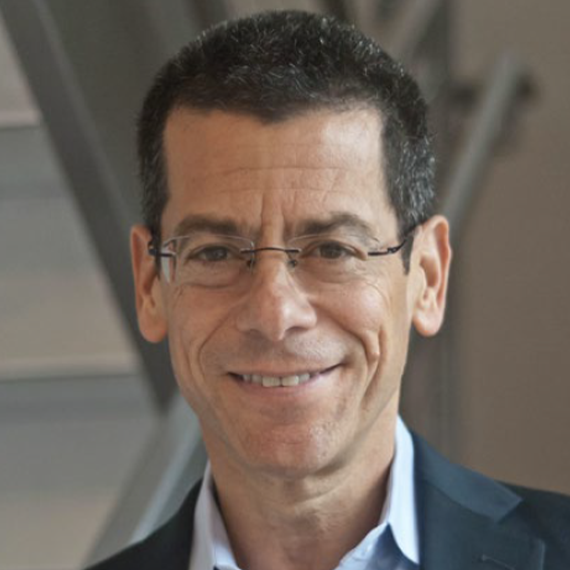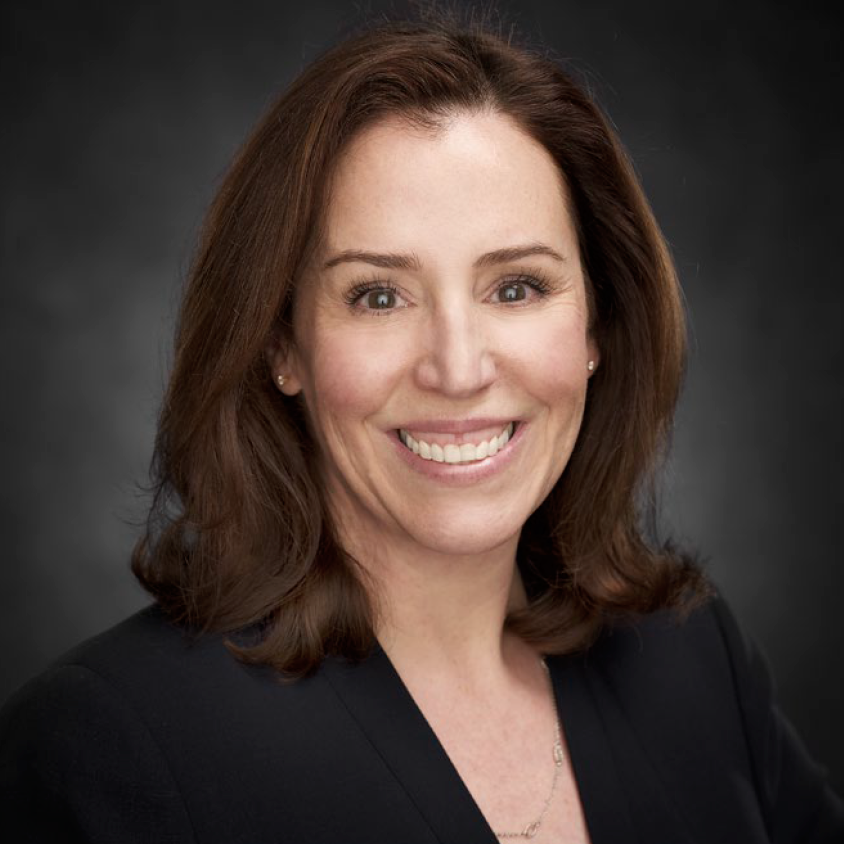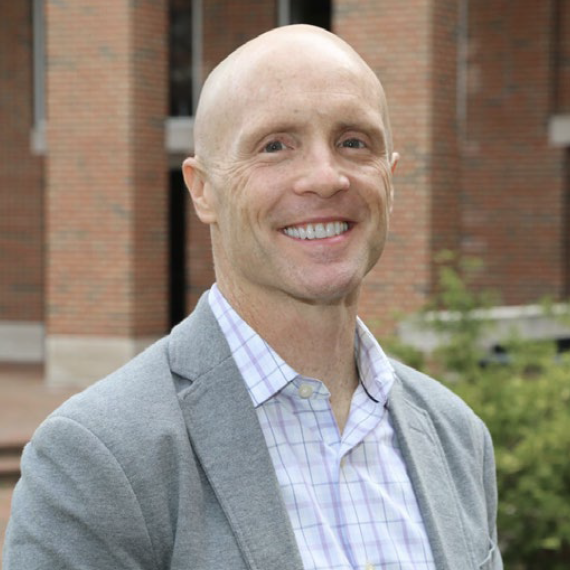

NACWA is collaborating with the Executive Development team at the University of North Carolina’s Kenan-Flagler Business School to convene an Executive Leadership Workshop Series, a program designed solely for senior executives at water and wastewater utilities.
The series consists of three 2-hour workshops on executive leadership topics designed to help you adapt to the changing world and better position you to effectively lead your organizations into the future.
We request that only one executive per utility register for this event due to the limited capacity.
Workshop 1
Wednesday, June 16, 2021
2:00 PM - 4:00 PM ETWorkshop 2
Wednesday, July 14, 2021
2:00 PM - 4:00 PM ETWorkshop 3
Wednesday, August 11, 2021
2:00 PM - 4:00 PM ET
*Note: The Workshops will not be recorded.
Featured Speakers



Workshop 1 — Wednesday, June 16 | 2:00 - 4:00 PM ET
Leading in a VUCA (Volatile, Uncertain, Complex, and Ambiguous) World
Christopher Bingham
Professor and Area Chair of Strategy and Entrepreneurship
UNC Kenan-Flagler Business School
Workshop 2 — Wednesday, July 14 | 2:00 - 4:00 PM ET
Inclusive Leadership
Colonel (US Army, Retired) Pilar McDermott
Affiliate Faculty
UNC Executive Development
Workshop 3 — Wednesday, August 11 | 2:00 - 4:00 PM ET
Your Role as a Leader: Architect, Translator, Doer
Many organizations struggle to get consistent and comprehensive execution of their strategy, especially amid a rapidly changing world. This workshop will introduce participants to a new approach to strategic leadership that will help. A modern leader should undertake three “roles” on a regular basis: architect; translator; doer. The key questions are: how much time should be spent in each “role” and what does a quality version of each look like?
Instructor
Robert Goldberg
Affiliate Faculty
UNC Executive Development
Register Now
Why Attend?
- Receive individualized instruction from the University of North Carolina's (UNC) top-ranked faculty in a groundbreaking program tailored to address utility executives' needs.
- Sharpen your role as a leader and discover how to transform challenges into opportunities.
- Develop valuable relationships with peer utility executives from across the country and gain a supportive, close-knit network to exchange insights.